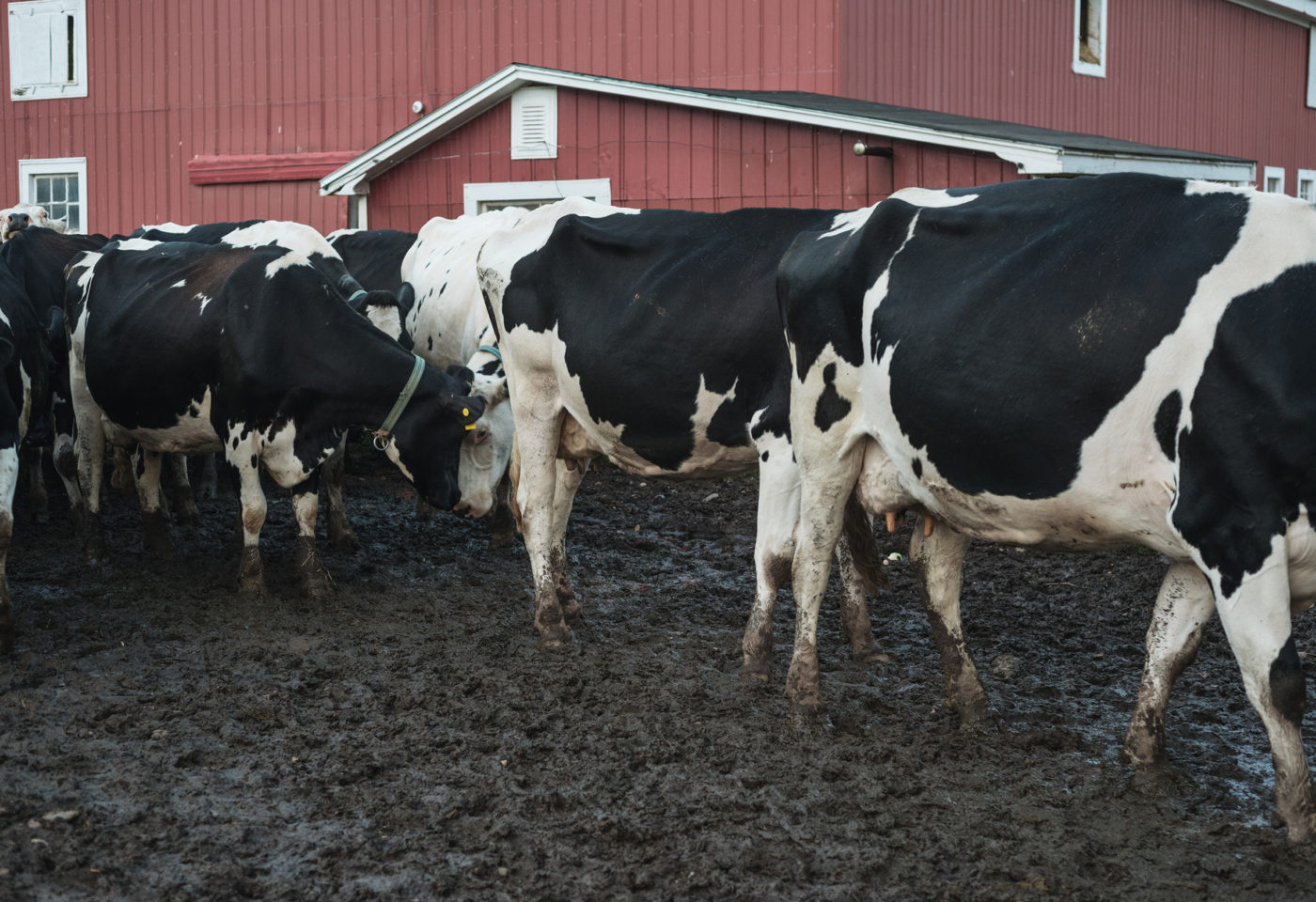By Carlo Dade & Andrew Enns
In iPolitics.ca
July 7, 2017
VIEW SUPPLY MANAGEMENT SURVEY BACKGROUNDER
Canadians’ support for supply management for dairy, eggs and poultry — which has been presented as rock-solid — evaporates when confronted with the tough choices that must be made in the coming renegotiation of the North American Free Trade Agreement.
This is critical information for the Canadian government and Canadians themselves to understand as the country prepares for NAFTA negotiations where special interests will be spending massively to demonstrate public support for their particular ‘ask’ at the negotiating table.
In the scheme of global trade, the future of Canada’s dairy industry may seem a small issue. But given Canada’s $2-billion-a-day dependence on the U.S. for trade, and the importance of NAFTA to all Canadians, fighting over the wrong bargaining chip would have severe negative repercussions.
Recent polling by NRG Research Group and the Canada West Foundation shows that the Canadian public understands this. Not surprisingly, given historic polling data, the majority of Canadians polled support the country’s dairy price support system and are willing to pay more for milk.
But when this support is placed in the context of upcoming high-stakes NAFTA negotiations, Canadians are ready to put supply management on the table to see what can be gained in exchange.
Recent news reports have made it clear to Canadians what is at stake. Both the U.S. Congress and the Trump administration have identified opening Canada’s dairy and poultry industries as a top NAFTA renegotiation priority. The Americans will be entering the NAFTA talks loaded for bear — or in this case, cow.
Long before President Trump’s infamous Wisconsin dairy farm stop, Canada’s supply management system had been a cross-border irritant with state and federal politicians of the left, right and centre in the U.S. In fact, resentment of Canadian supply management is probably the only issue on which Bernie Sanders, Donald Trump, Paul Ryan and California Governor Jerry Brown could all agree.
So it’s no surprise that dairy is going to be a top issue in NAFTA negotiations.
This would seem to be a problem for any Canadian government, given polling consistently showing strong public support for Canada’s dairy processing industry and quota and price support system. It’s not, actually.
In our polling, just under half of respondents (44 per cent) favoured abolishing the current system in exchange for cheaper milk, while just over half (56 per cent) initially favoured keeping the current system with its higher prices.
Then came the NAFTA factor. After being reminded that supply management is at the top of the Americans’ trade irritants list, a majority of Canadians (67 per cent of all respondents) were open to making concessions, while only 18 per cent favoured defending the current system at any cost.
Of the majority that favoured making concessions, 36 per cent favoured entering NAFTA negotiations with dairy “on offer up front” to see what the Americans would offer in return, while 22 per cent suggested waiting for the Americans to bring it up and then seeing what can be gained.
Nine per cent of respondents even offered to end supply management before negotiations begin.
These numbers should weigh heavily on Canadian negotiators and politicians before they start pushing chips across the NAFTA negotiating table.
The nuances in Canadian opinion toward the hot button issue of supply management illustrates the value of approaching complex public policy issues with methodologically sound public opinion research — polling that goes beyond the immediate impact of splashy advertising campaigns and digs into the nitty-gritty of the issues.
For Canadians and the federal government, it’s not a black-and-white choice between supply management and no supply management. General support/oppose numbers on this topic do not reveal the true picture of Canadians’ opinion and aren’t helpful to the government as it considers its position on supply management.
Canadians’ opinions on dairy industry supply management only truly come through when people are asked questions that consider the context — and the consequences — of things that affect us all, like actual trade negotiations.
Carlo Dade is the director of the Trade & Investment Centre at the Canada West Foundation. Andrew Enns is president of NRG Research Group.
